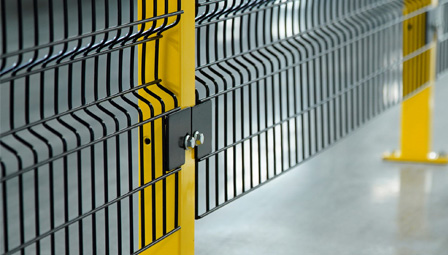4d common nail
9 月 . 21, 2024 19:47
Understanding 4D Common Nails A Comprehensive Overview
In the world of construction and woodworking, fasteners play an essential role in ensuring the structural integrity and longevity of a project. Among the various types of fasteners available, 4D common nails stand out due to their specific characteristics and applications. This article aims to explore what 4D common nails are, their uses, advantages, and some important considerations when working with them.
What are 4D Common Nails?
The 4D designation in common nails refers to the penny size of the nail, where the D stands for penny. The number before the D indicates the size of the nail; in this case, a 4D nail is approximately 1.5 inches long. Common nails are typically made of steel and have a flat head and a smooth shank, which allows for easy driving into various materials.
Applications
4D common nails are widely used in various construction applications, particularly in framing, sheathing, and other structural projects. They are ideal for attaching wood to wood, making them a popular choice among carpenters and builders. Their length makes them suitable for securing lightweight materials, such as plywood and sheathing boards. Additionally, 4D nails are common in crafting and hobby projects, where precise fastening is required.
Advantages of 4D Common Nails
4d common nail

One of the main advantages of 4D common nails is their versatility. They can be used in various materials, including softwoods and hardwoods, making them an excellent choice for diverse applications. Their flat head allows for a smooth finish, which is particularly desirable in visible areas of a project. Furthermore, the smooth shank helps reduce splitting when nailing close to the edges of the wood.
Another significant benefit is their ease of use. Unlike other fasteners, such as screws, which require pre-drilling in many cases, common nails can be easily driven into wood with a hammer, saving time during the construction process.
Considerations When Using 4D Common Nails
While 4D common nails are incredibly useful, there are some considerations to keep in mind. Firstly, their holding power may not be as strong as that of screws, especially in applications requiring a high level of structural integrity. For instance, in areas susceptible to vibration or movement, using screws instead of nails may be advisable for added security.
Corrosion resistance is another factor to consider. If you are working in an environment exposed to moisture—such as outdoor projects or areas with high humidity—selecting galvanized or coated nails can help prevent rust and prolong the lifespan of the fasteners.
Conclusion
4D common nails are a staple in the toolbox of builders and hobbyists alike. Their size, versatility, and ease of use make them ideal for numerous applications, from simple home repairs to complex construction projects. By understanding their properties and limitations, users can effectively incorporate 4D common nails into their work, ensuring strong and durable results. Whether you’re a professional or a DIY enthusiast, mastering the use of these nails can enhance the quality and longevity of your projects.




















